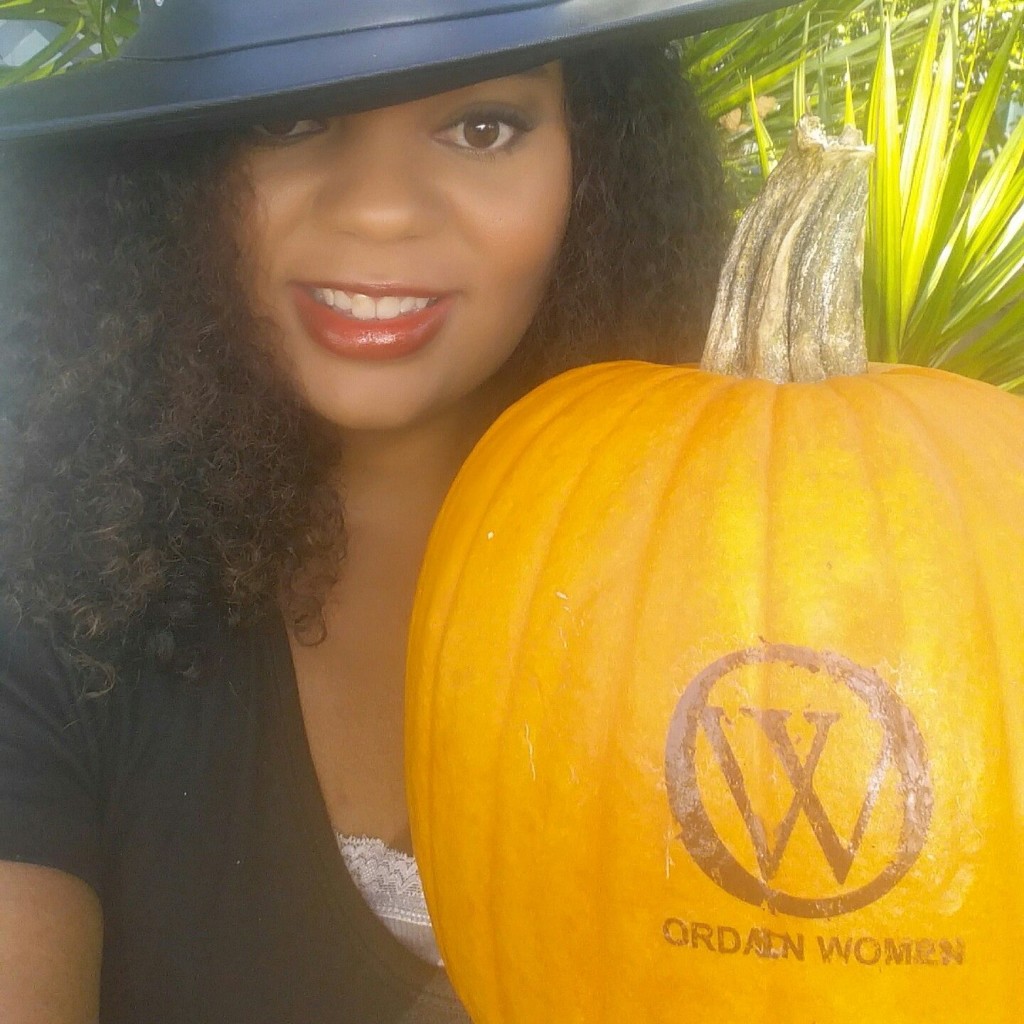The story of black women within the Mormon church has often been ignored. Instead, we focus on those whose oppressions are easily categorized without intersections. The racial oppression of black men through their exclusion of the Priesthood and the pious suffering of white women as they endured the sacrifices and the sexism of polygamy take center stage. At best, black women are a distant afterthought.
Black women were not allowed to receive any Temple ordinances before the removal of the Temple and Priesthood ban in 1978. The announcement focused on black men being able to receive the Priesthood and skimmed over the black women who had been waiting patiently to faithfully enter the Temple. Black women, for the first time in Mormon history, were finally (in policy) elevated to the same status as white women and other women of color.
The history of equality in the Mormon Church (and really US history) usually focuses on binaries. As a black woman, my history has been conflated with either that of black men or that of white women. Each option only represents a portion of who I am and ignores that my identity as a black-biracial person cannot be divorced from my identity as a woman. I experience both identities concurrently and without separation in my interactions with the world and the Church.
I share the reason that I cannot separate my identity as a woman from my blackness to explain one of the reasons that I support the ordination of women and Ordain Women. I don’t support Ordain Women despite being a black-biracial woman; I support Ordain Women because I am a black-biracial woman who greatly desires the eradication of racism and sexism from our religion. The ordination of women would be the first time that a Priesthood ordinance would be extended to women regardless of race at its introduction. It is an equalizing factor in more ways than one. Not only will men and women have access to the Priesthood, but for the first time, the extension of Priesthood authority will be completely devoid of racial discrimination. This is what equality looks like to me: All women receiving ordination at the exact same time, moving forward as siblings and equals within the kingdom of God.
I am a black-biracial woman of color, and I wholeheartedly support the ordination of women to the Priesthood. I am ready for revelation.

Ready for Revelation
Natasha Smith, the author of this post, sits on the Ordain Women Executive Board and serves as Chair of the Intersectionality Committee.





